|
For Rohingya refugees in Bangladesh, finding enough safe water to meet their daily needs can be difficult and exhausting. A new water network, built with Community Partners International's support, provides 800 Rohingya refugees with easy access to a reliable, safe water supply for their essential drinking, washing, and cooking needs.
Living in crowded and cramped conditions, Rohingya refugees sheltering in Bangladesh are particularly vulnerable to COVID-19. On August 10, 2021, amid a worrying spike in infections, the Government of Bangladesh launched the first phase of the COVID-19 vaccination campaign for refugees over 55 years of age in Kutupalong Refugee Camp. As the first line of health care, volunteers supported by Community Partners International (CPI) and local partner Green Hill mobilized to encourage and support eligible community members in Camps 1W and 4 to take up the vaccine.
When seven-year-old Samiyun first started to attend the Chakar Mobile School, he struggled to adapt. Growing up in Dhaka’s slums, he had never had the opportunity to enroll in formal school. Instead, while his parents were out at work, he spent his days running the streets of his neighborhood with older children. His mother, a garment worker, and his father, a day laborer, work long hours with few days off. As they struggle to put food on the table, they don't have much time to devote to Samiyun and his younger sister.
"I didn’t understand what a vaccine was. I just heard that they can leave permanent marks on the skin and cause fever." Tasmin, 24, pregnant mother of two children Tasmin’s perception of vaccines is fairly common among her fellow Rohingya refugees in Kutupalong, Bangladesh, the world’s largest refugee camp. With limited access to accurate health information, misunderstandings and false rumors can travel rapidly within the community.
Community Immunity: Rohingya Immunization Volunteers Poised to Support COVID-19 Vaccine Rollout5/4/2021
Mohammad Taher is a Rohingya Community Immunization Volunteer supported by Green Hill/Community Partners International (CPI) in the world's largest refugee camp in Bangladesh. Each day, he visits households in his neighborhood to help pregnant and women and young children get vaccinated against deadly diseases.
Noor Bahar’s family was killed during the violence in Myanmar’s northern Rakhine State in 2017. The only survivor, she fled across the border to Cox’s Bazar, Bangladesh, where she now lives as a refugee in Kutupalong Refugee Camp. With no family members to help her, she relies on the support of community volunteers in her neighborhood. As an asthma sufferer, she has to take care of her health, especially with the threat of COVID-19.
One evening in March, Noor suffered an acute asthma attack in her shelter. A passerby saw her struggling to breathe and alerted Zainul Mostofa, a Rohingya Community Health Volunteer supported by Community Partners International (CPI). Ayesha and Jannat are Rohingya refugees from Myanmar sheltering in Cox’s Bazar, Bangladesh. They fled violence in Myanmar’s northern Rakhine State in 2017 with their families, walking for many days to reach the Bangladesh border. Today, they live in Kutupalong, the world’s largest refugee camp. Both receive assistance from networks of Rohingya community health and water, sanitation and hygiene volunteers supported by Community Partners International (CPI). Here are their stories.
|
AuthorCPI Admin Archives
August 2023
Categories
All
|
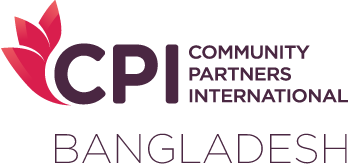
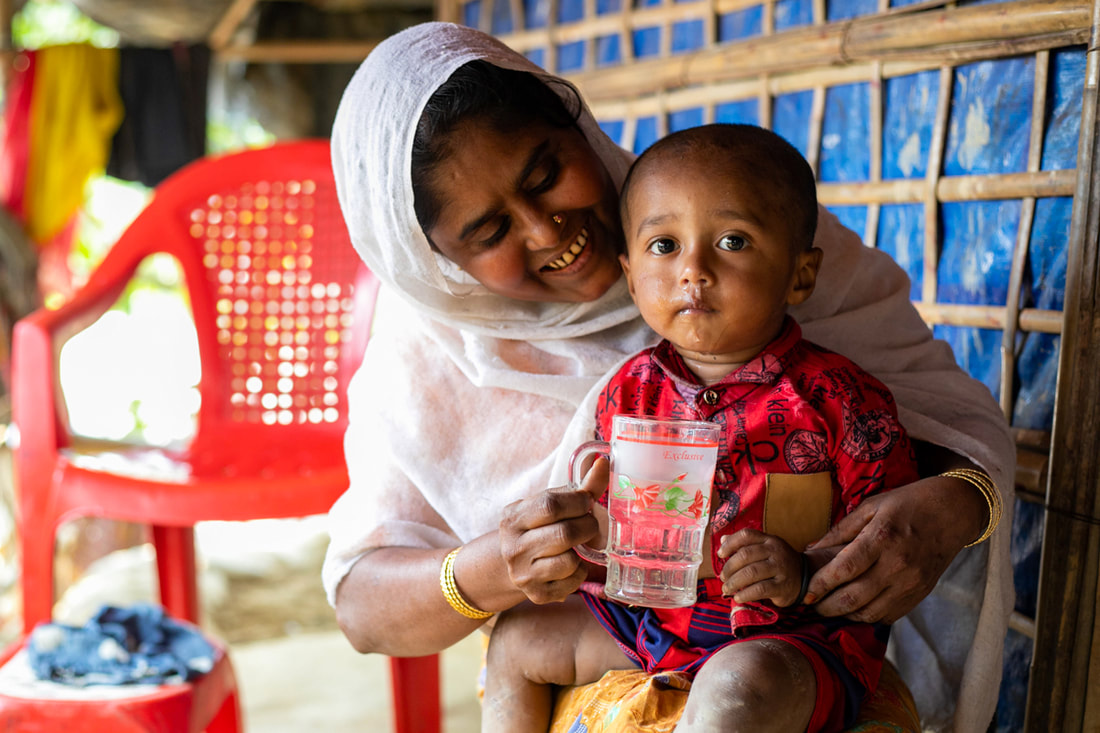
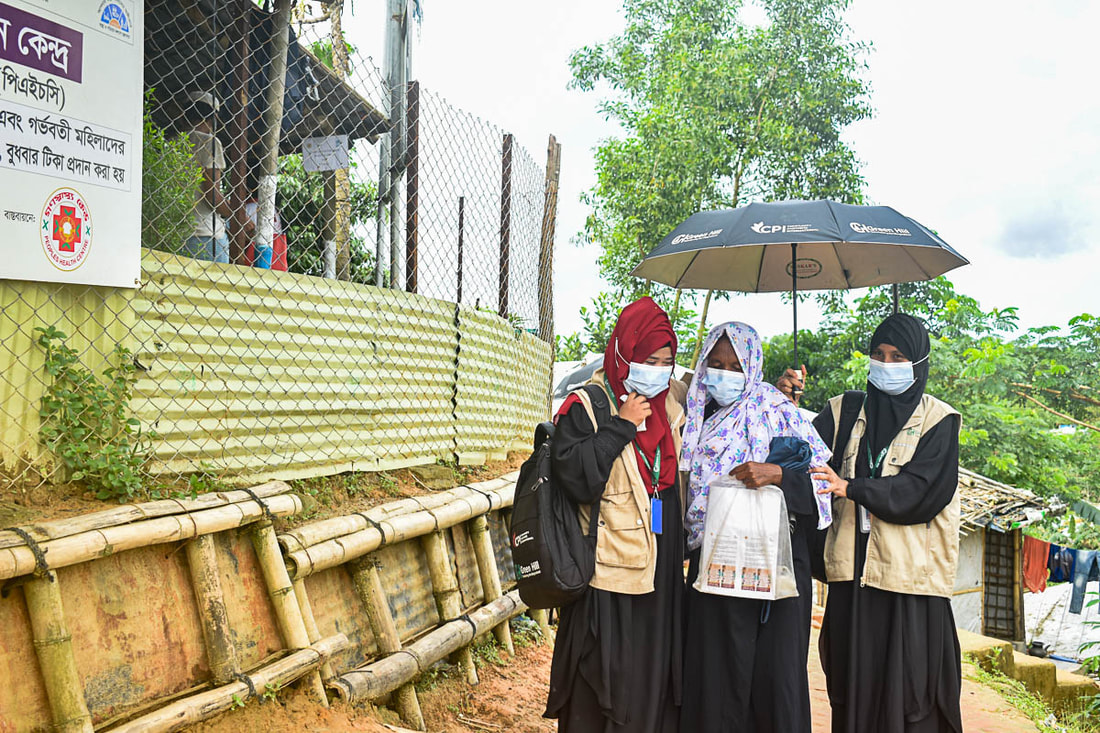
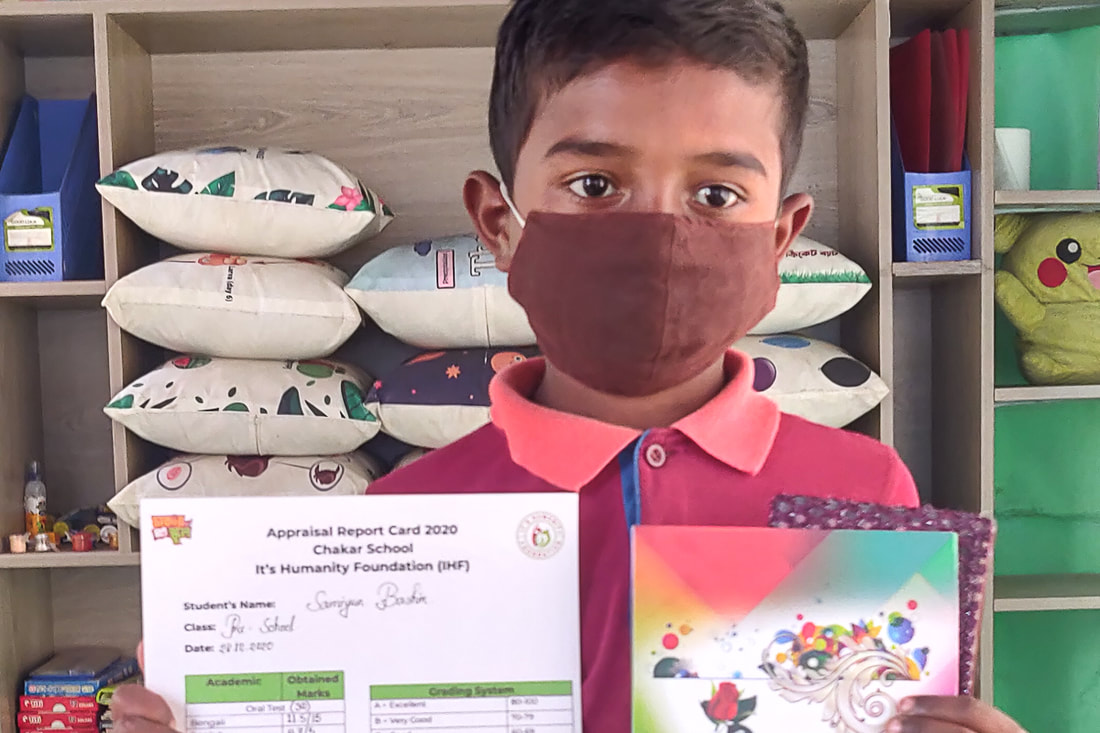
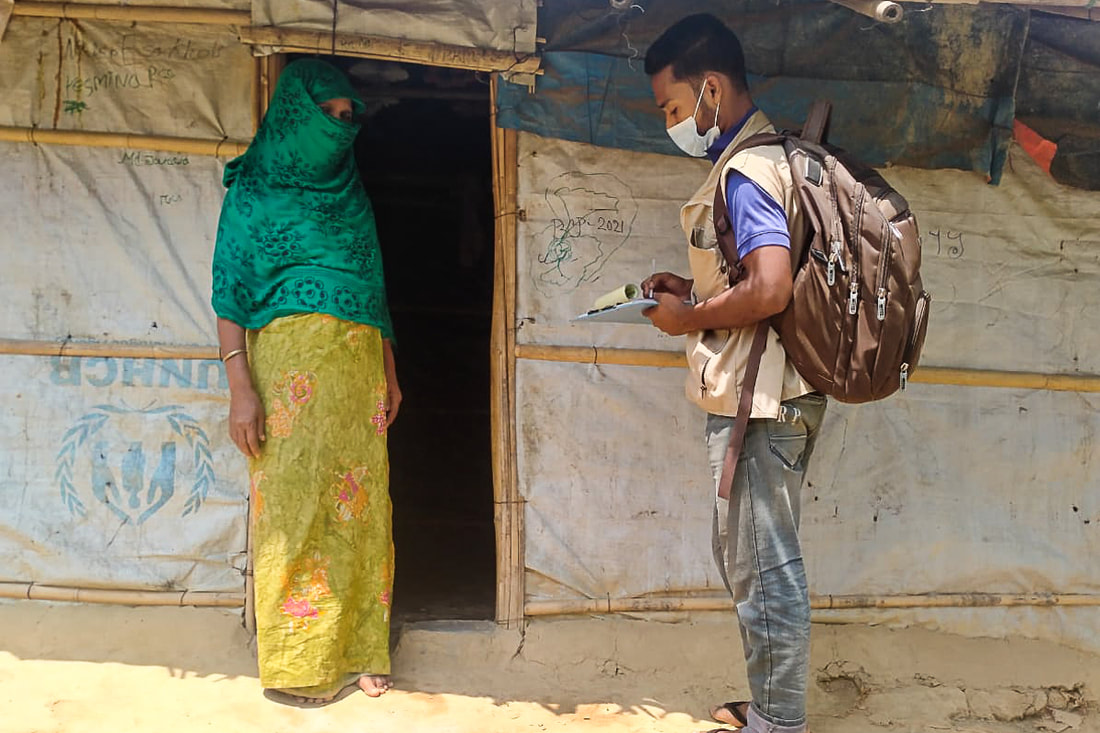
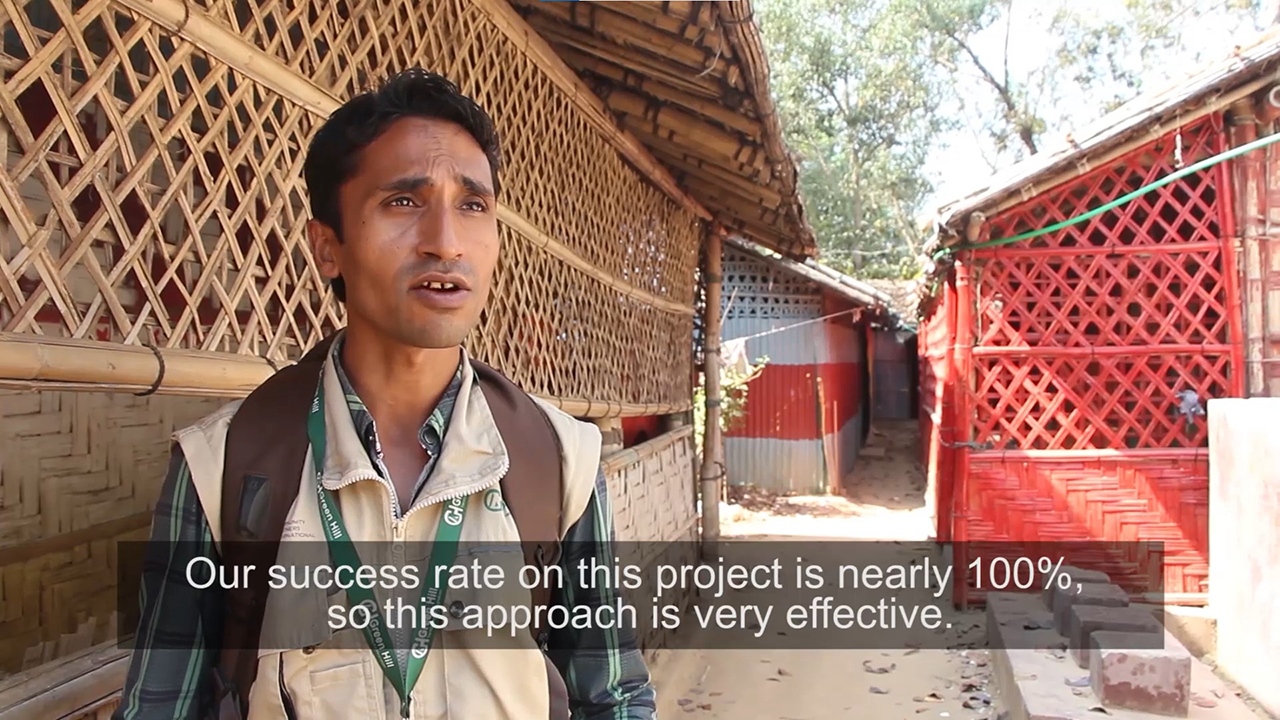
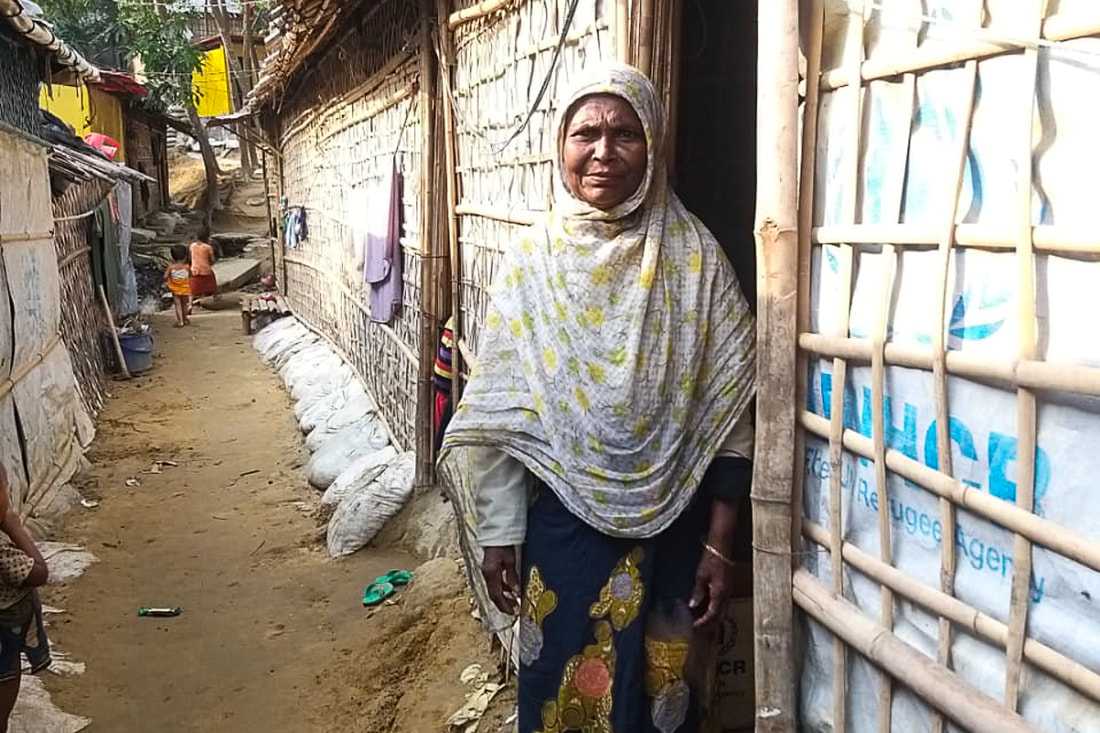
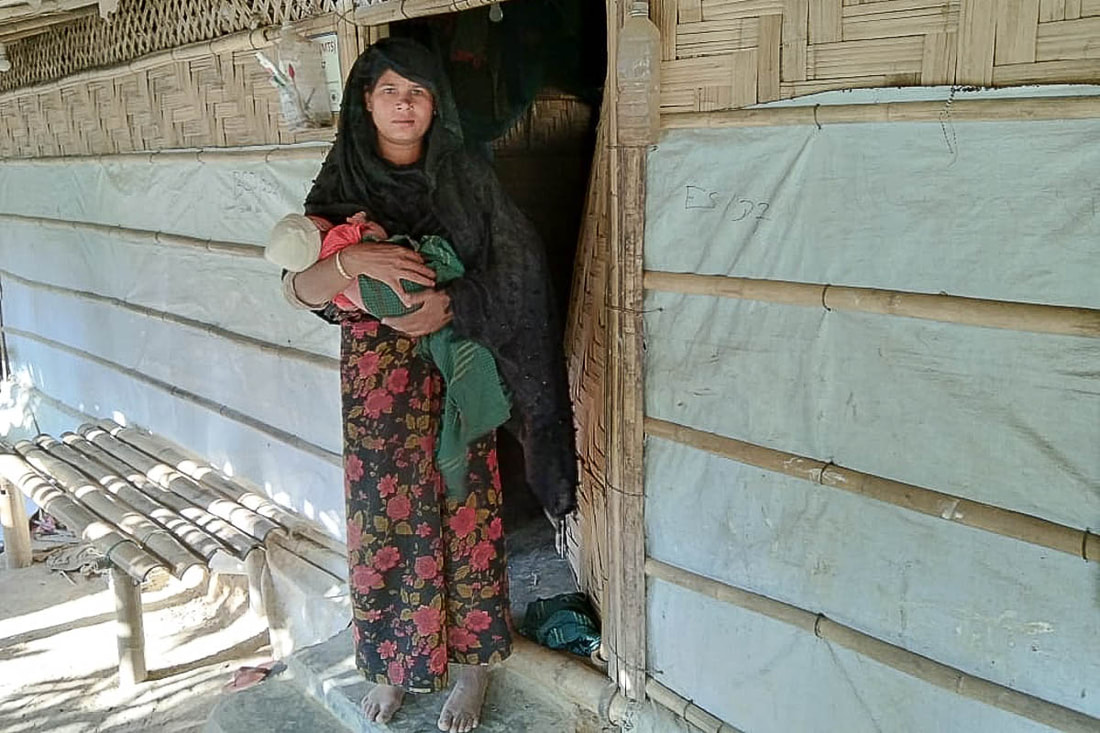
 RSS Feed
RSS Feed